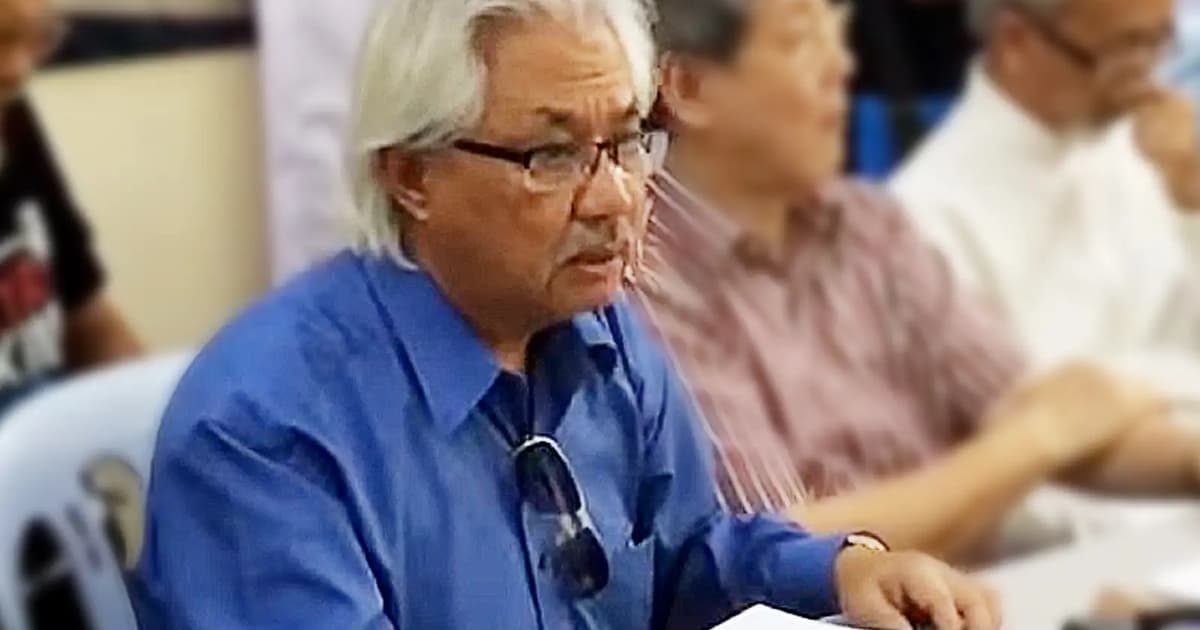
Three senior lawyers have called for the executive to provide the judiciary with adequate funding, saying the outlay of taxpayer funds must reflect the public’s commitment to judicial independence.
The trio, all former Malaysian Bar presidents, said that the judiciary, by constitutional design, operates as an independent branch of government and a check-and-balance to the executive and the legislature. That means judges are neither subservient nor beholden to the prime minister, head of the executive, they said.
The judiciary’s most important role, they said, was to protect the supremacy of the Federal Constitution and ensure that everyone obeys the laws enacted by Parliament.
This mandate allows the judiciary to protect the fundamental rights accorded to all citizens by the nation’s charter. It also enables the courts to guard against abuses of power by both the executive and the legislature, they said.
Zainur Zakaria said funds must be allocated to the judiciary, noting that it contributes to government revenue through fines, as well as allocatur and filing fees.
“Funds to sustain the judiciary’s operation should not be a problem, but the judiciary must assert its independence,” he said.
Zainur said the judiciary should speak up if starved of funds or if allocations are delayed.
He said Section 2 of the Judicial Appointments Commission Act 2009 — which calls for the prime minister to sustain the independence of the judiciary — implies that he must ensure it is provided with adequate funds.
Zainur was commenting after visiting academic Venkat Iyer, of Ulster University, argued that reliance on government funding would leave the judiciary perpetually vulnerable to executive influence.
Speaking at a public lecture in Kuala Lumpur earlier this month, Iyer argued that it would be unrealistic to expect the judiciary and the judicial appointment process to be entirely insulated from executive influence.
Iyer defended the role of a prime minister in the selection of judges, saying that the chief executive, as an elected official with a mandate to reform the judicial system, has a legitimate say in appointments.

Ragunath Kesavan disagreed, pointing out that funding was not the executive’s prerogative but an implied legal and constitutional obligation to sustain an effective judiciary.
“Of course, the judiciary needs funds but that does not mean the executive must have a say in judicial appointments,” he said.
He said a ruling government stands to gain significant public goodwill if it ensures that the judiciary enjoys broad-based confidence and institutional trust.
“The business community will promote the nation as an ideal investment destination when commercial disputes can be settled in a fair and just manner,” he said.
Ragunath also said a revision of the salaries and perks payable to judges, including by providing for annual increments, was needed, noting that the last adjustment was made nearly 10 years ago.

Kuthubul Zaman Bukhari, also rejected Iyer’s view, asserting that the prime minister should have no role in appointing judges.
He said the prime minister’s involvement gave the perception that there were “other considerations” at play when judges, especially those who hold the judiciary’s top offices, are appointed.
“It is time that the prime minister plays no function in judicial appointments, as in some other Commonwealth jurisdictions,” he said.
Khutubul said the present system involving the Judicial Appointments Commission (JAC) was good, but called for the members of the selection committee responsible for vetting candidates to be increased.






